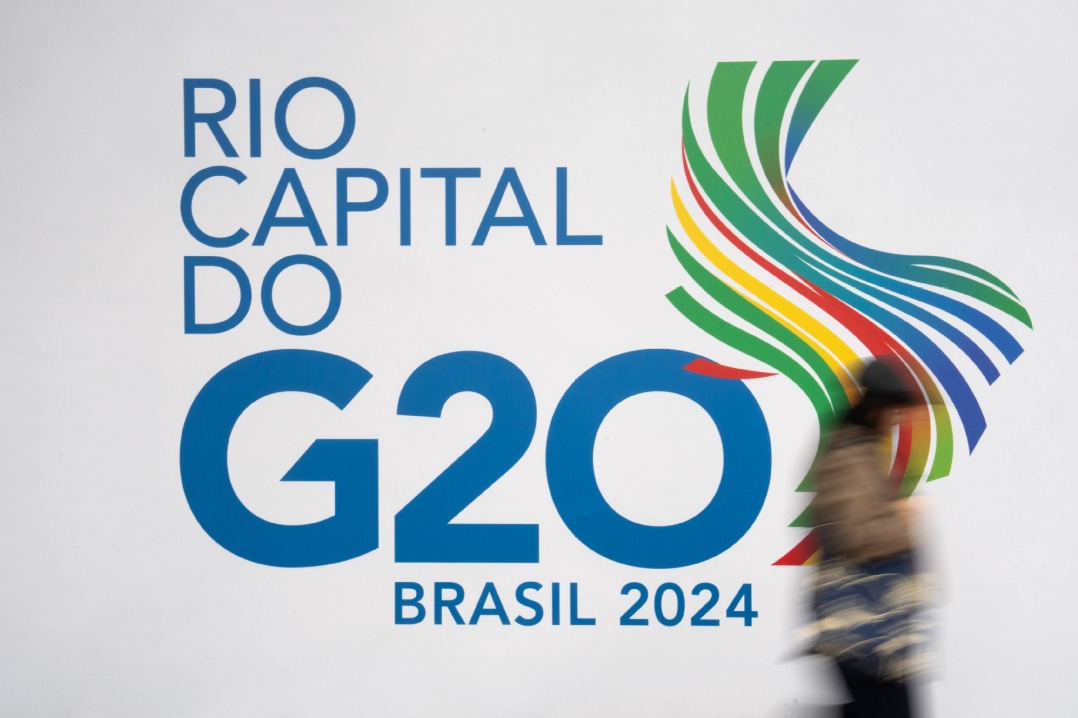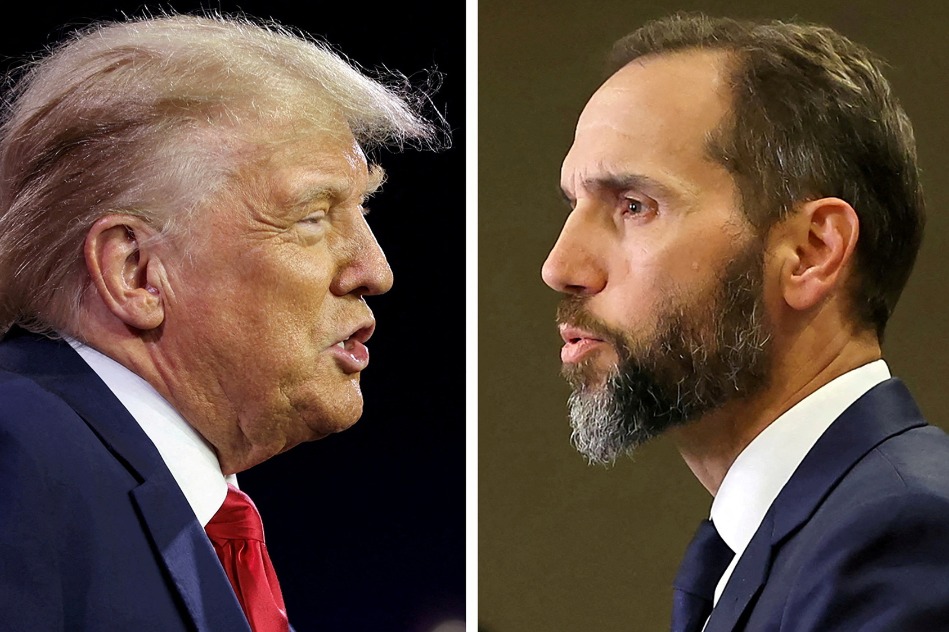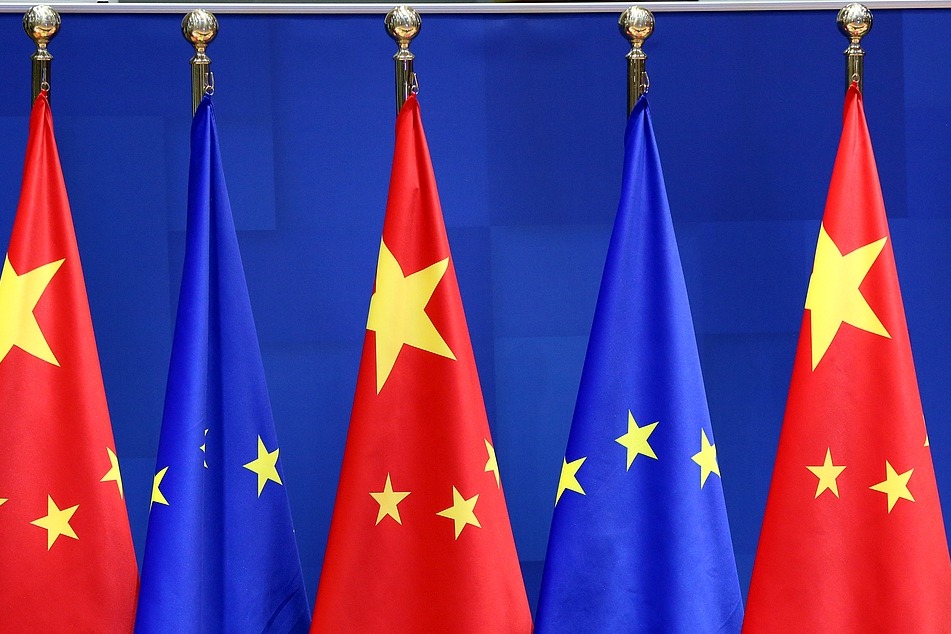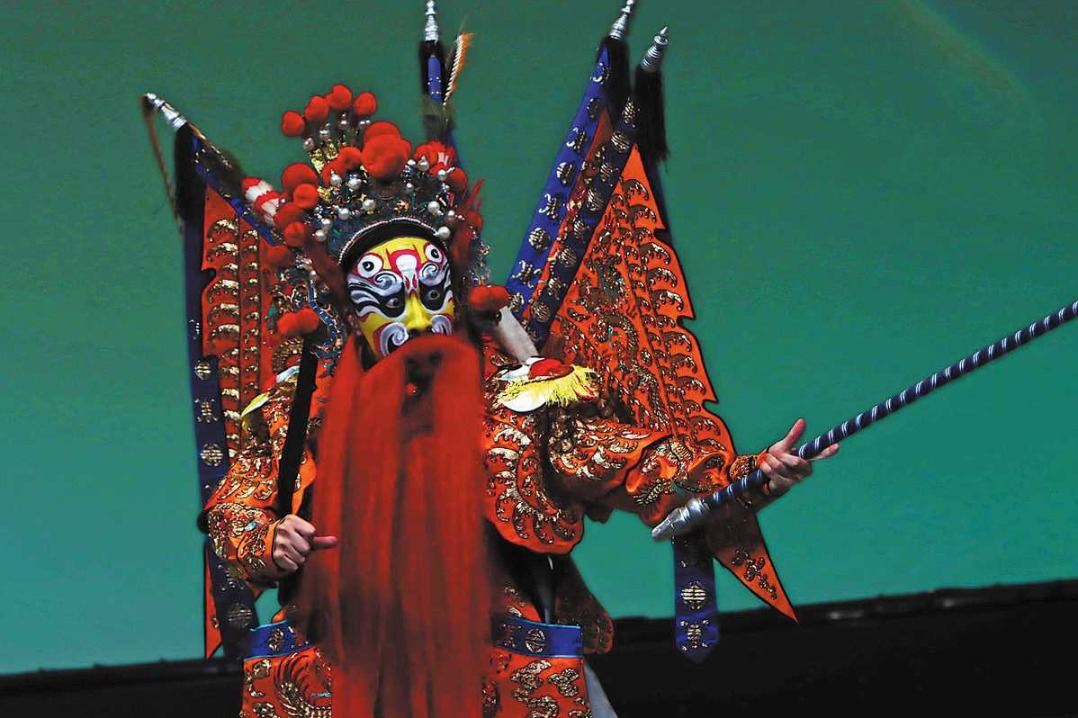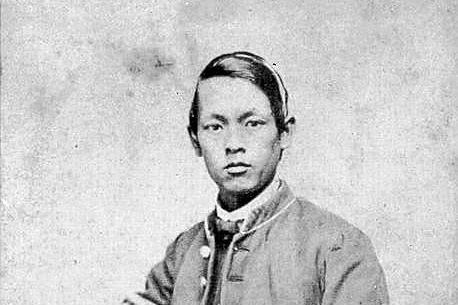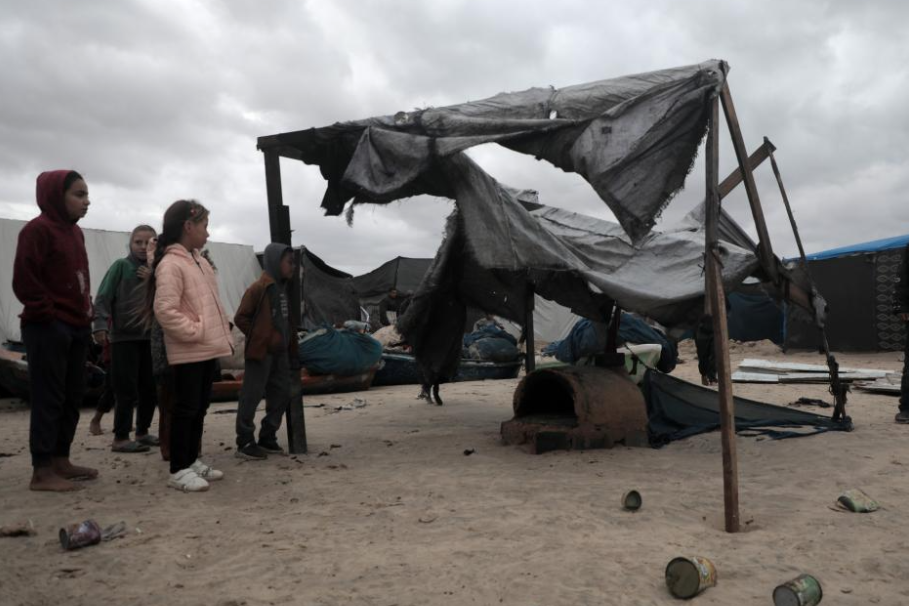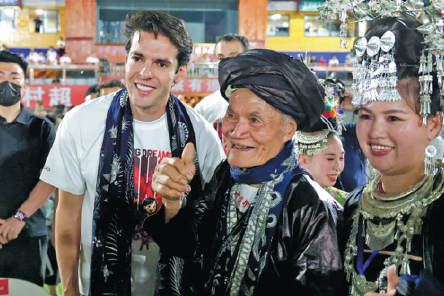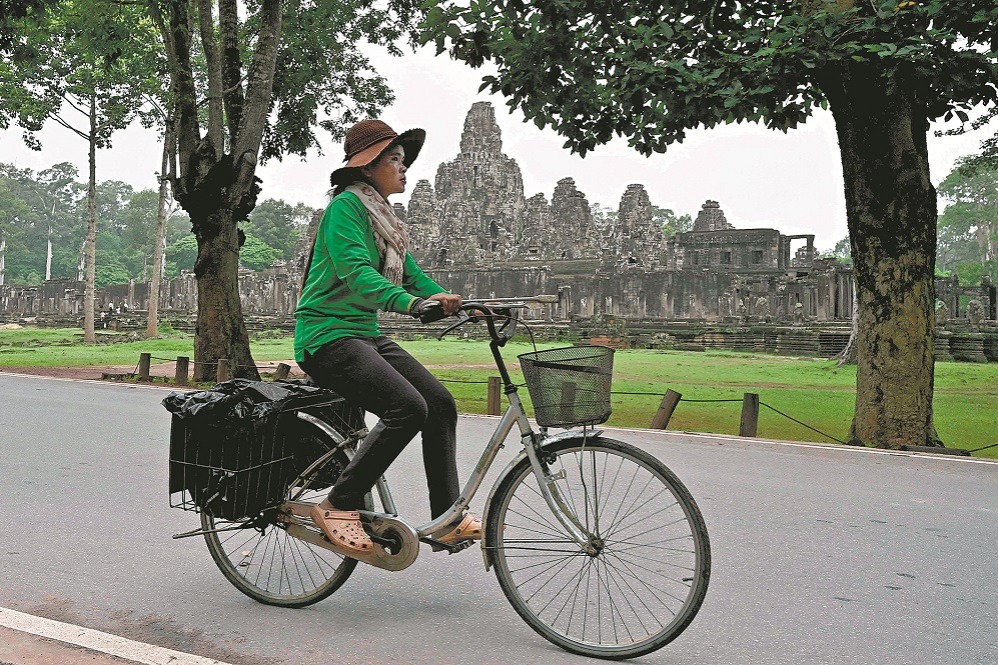Role of Global South praised at G20 summit
Experts say declaration well reflects demands for a fairer, inclusive world

The 19th G20 Leaders' Summit, which concluded in Rio de Janeiro, Brazil, last week, has underscored the important roles the Global South has assumed in different fields, experts said.
"The overall tenor of the communique, when read in the context of the adjacent multilateral meetings of APEC and BRICS, points to a growing confidence among countries of the Global South that there is 'no time like the present'. The world is changing; the decades of unipolarity dominated by the United States are in the past," said Warwick Powell, an adjunct professor at the Queensland University of Technology in Australia and a senior fellow at the Beijing-based think tank Taihe Institute.
The Rio de Janeiro Leaders' Declaration focused on the priorities of the Brazilian presidency: social inclusion and the fight against hunger and poverty; sustainable development, energy transitions, climate actions; and the reform of global governance institutions.
Notable outcomes outlined in the document include the launch of the Global Alliance against Hunger and Poverty, an agreement to tax the wealthiest billionaires with "full respect for member states' tax sovereignty", a call to scale up climate financing for developing countries and to enhance their representation in the decision-making processes of financial institutions.
Powell said the declaration document has well reflected the demands of the Global South for a fairer, more equitable, and inclusive world, though challenges in converting words into concrete actions remain.
"The Global South has legitimate aspirations for fair and equitable economic development and to benefit from the clean energy transition. The Global South demands a greater voice across a raft of international institutions, which have, since their formation in the years after World War II, largely been dominated by the Western powers," he said.
"The Global South has demonstrated not just at the G20 but also at APEC and BRICS beforehand, that they will no longer sit by silently."
Xie Yizhe, a nonresident research fellow at the Beijing-based think tank Center for China and Globalization, also recognized the growing presence of developing countries at the G20.
China, as the world's second-largest economy and the largest developing country, is also one of the key members of the G20.
President Xi Jinping's attendance this year was in the spotlight.
Voice grows louder
Maria Francesca Staiano, director of the Center on China Studies at the International Relations Institute of the National University of La Plata in Argentina, praised Xi's remarks at the Leaders' Summit as "deeply inspirational", as the speech speaks for the Global South.
She highlighted Xi's call for seeing the world as one community with a shared future and the necessity of equitable transitions in the energy, digital, and scientific fields.
"China is a symbol for the Global South," she said. "It provides an example that opens new horizons of meaning, through a 'new humanism' in which theoretical and scientific innovations can serve both humanity and nature, also in a Tianxia (all under heaven) perspective, where dialogue between people can mark the beginning of a new era in which the populations of the Global South are finally included in the construction of a peaceful 'common prosperity'."
Rena Li in Los Angeles contributed to this story.
zhengwanyin@mail.chinadailyuk.com
















